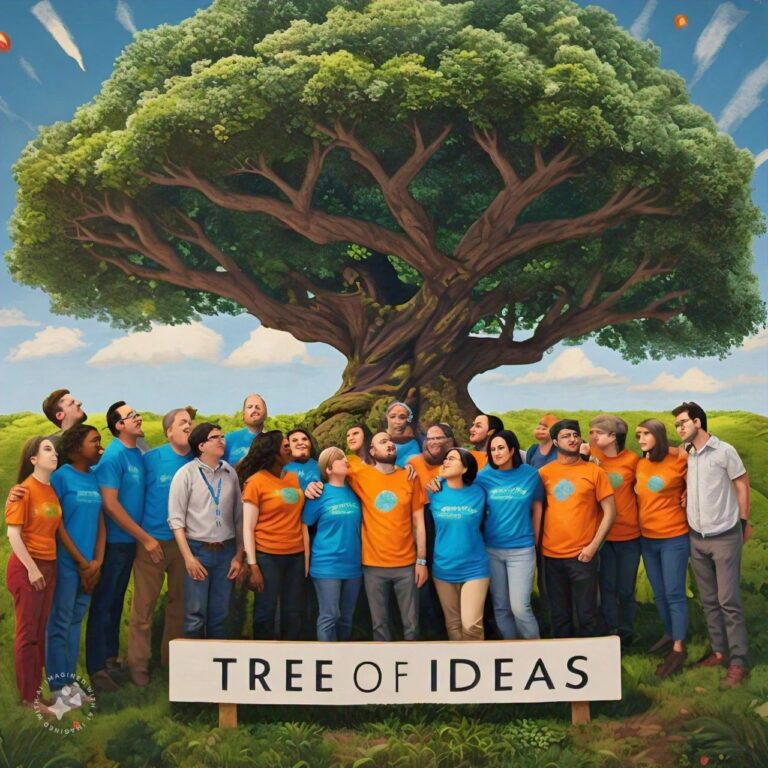Introduction
Homeownership has long been regarded as a cornerstone of stable societies and robust economies. In the developing world, where challenges like poverty, inequality, and lack of access to affordable housing persist, fostering a culture of home ownership can play a pivotal role in promoting societal cohesion and driving equitable economic development. To achieve this, innovative home purchase finance solutions that are both equitable and interest-free must be explored and implemented.
Societal Cohesion and Sense of Belonging
Homeownership fosters a sense of stability and belonging within communities. When individuals have a stake in their living spaces, they are more likely to invest in their neighbourhoods, forming stronger bonds with neighbours and local institutions and stimulate local business. This sense of ownership translates into increased community engagement, social interaction, and civic participation. Stronger communities often lead to reduced crime rates, improved educational outcomes, and enhanced overall well-being, contributing to a more harmonious and cohesive society.
Economic Development and Wealth Creation
In the developing world, equitable access to homeownership can drive economic development by creating a foundation for wealth accumulation and financial security. When families have a secure and stable place to live, they can allocate resources towards education, entrepreneurship, and skill development. As home values appreciate over time, homeowners are presented with opportunities for equity extraction, enabling them to invest in business ventures or education for themselves and their children. This, in turn, stimulates economic growth and job creation, leading to a cycle of positive development.
Challenges of Traditional Home Purchase Finance
Traditional home purchase finance often relies on interest-based lending, which can perpetuate economic inequalities and hinder progress in the developing world. Interest payments can burden low-income families and deter them from pursuing homeownership, exacerbating the wealth gap. Furthermore, interest-based systems can lead to financial instability during economic downturns as mortgage payments become more challenging to meet.
The Need for Equitable and Interest-Free Home Purchase Finance
To address these challenges, innovative and equitable home purchase finance models must be explored. One potential solution lies in the development of interest-free financing systems, such as Islamic finance principles like “Murabaha” or “Ijarah.” These systems adhere to ethical and interest-free transactions, ensuring that vulnerable populations have access to affordable home financing. By removing the burden of interest, these models can empower individuals and families to pursue homeownership without the fear of falling into a cycle of debt.
Promoting Innovation in Home Purchase Finance Innovation is essential in revolutionising home purchase finance for the developing world. Governments, financial institutions, and technology companies can collaborate to design new financing mechanisms that cater to the unique needs and challenges of each region. Digital platforms and fintech solutions can streamline the application and approval process, making it more accessible for underserved populations.
Microfinance institutions can also play a pivotal role by offering micro-mortgages and tailored financial products that cater to the specific income levels and preferences of local communities. These institutions can partner with NGOs and community organisations to provide financial education and counselling, empowering individuals to make informed decisions about homeownership.
Conclusion
Homeownership is not merely a personal aspiration; it is a catalyst for societal cohesion and equitable economic development. By promoting a culture of home ownership and implementing innovative, interest-free financing solutions, the developing world can pave the way for stronger communities, increased economic opportunities, and reduced disparities. As governments, financial institutions, and innovators come together to drive change, the vision of a more cohesive and prosperous society through equitable home ownership can become a reality.
Waqar Mirza





